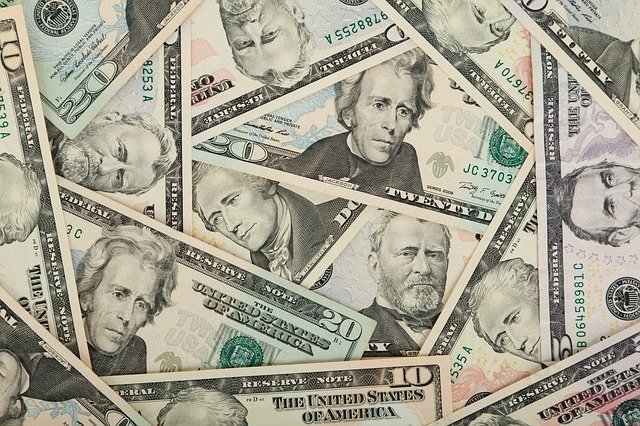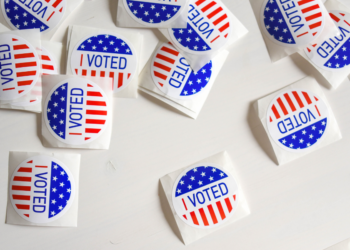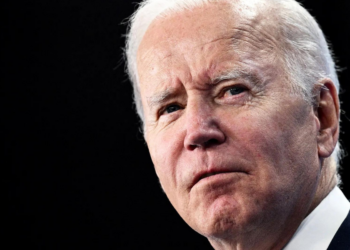Black residents in Evanston, Illinois, will become the first group in this country to receive a form of reparations. The move is one that could change the trajectory for Black people in America after facing centuries of racial injustice.
According to Newsweek, the reparations proposal focuses on restorative justice for historical racism and discrimination through a series of housing initiatives that it will pay for using a 3% tax on recreational marijuana use.
The suburban Illinois city is attempting to right wrongs from the past concerning its Black population. The 2019 proposal is part of Evanston’s goal of becoming an “anti-racist city that strives to value all citizens.”
“This initiative that’s coming out of Evanston will set the precedent that America can, if it has the will, engage in justice for long-overdue crimes committed against people in this country,” Kamm Howard, national male co-chair of the National Coalition of Blacks for Reparations told Newsweek.
Related Story: COVID-19 Vaccines Go To Rich White Floridians Over Pahokee Residents They Were Designated For
The news outlet reported that $10 million in revenue will be geared toward a housing program in the city and will be distributed to qualified residents over ten years. The fund has designated $400,000 toward the first phase of the initiative.
To qualify for the money, recipients must meet a residency requirement. Black families should have resided in Evanston from 1919-1969 or be the descendants of Black residents who lived in the city. Each person will receive $25,000 toward housing assistance. The goal is to make the dream of homeownership feasible for more Black families.
From 1919-1969, Blacks families in the city were denied loans with fair rates, paid more for mortgages, and were withheld from accessing government resources that would help acquire new homes, the outlet reported.
“The history of redlining is evident in Evanston,” Howard explained. “The discriminatory actions and housing was part of that separate development, part of the apartheid conditions that we face in this country. Any targeted program or policy directed at addressing any harm from the continued legacy from enslavement, the continued legacy from Jim Crow [and post–Jim Crow]…is reparations.”
Robin Sue Simmons, the alderman of Evanston’s 5th Ward, introduced the reparations program to city councilmembers.
“Reparations is the most appropriate legislative response to the historic practices and the contemporary conditions of the Black community,” she said. “And although many of the anti-Black policies have been outlawed, many remain embedded in policy, including zoning and other government practices.”
Simmons added, “We are in a time in history where this nation more broadly has not only the will and awareness of why reparations is due, but the heart to advance it.”
Naturally, some people aren’t fond of the initiative and have decided to counter what they call “racist” reparations via Facebook.
A local group that calls itself the Evanston Rejects Racist Reparations wrote about the proposal on Facebook.
WHY WE CALL THE CURRENT REPARATIONS PROPOSAL RACIST:
The current bill proposed by the city of Evanston never went…
Posted by Evanston Rejects Racist Reparations on Sunday, March 7, 2021
“The current bill proposed by the city of Evanston never went through a racial equality, anti-capitalist process. As a result, historically racist financial institutions like banks, corporations and various individuals will profit from this proposal. Reparations should not be monetized.”
“We are demanding a name change to the current proposal. The current proposal is inherently anti-Black, and we reject this bill as any form or reparations.”
The group opined that telling residents they can only use the funding for housing is disingenuous.
They believe that individuals should be able to decide for themselves how they will spend the money.
Housing reparations come to a vote on March 22. If approved, families could see these monies as early as the summer.















